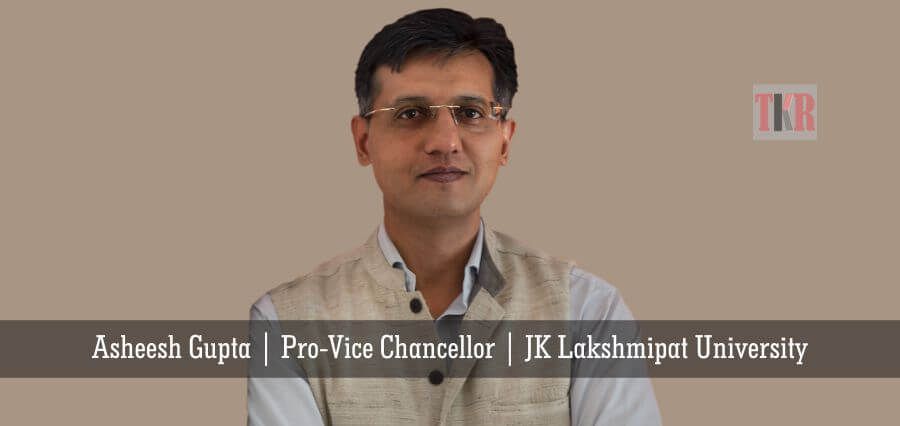With the advancements we are seeing in the world today, the traditional methods of education are going to fall redundant in the coming years. Technological developments are such, that businesses are compelled to review their products, processes, organisation structures, and the role of human resource with much more scrutiny over the past half-a-decade than ever before. To understand the role of technology in jobs and the impact on students, we must first acknowledge that we are most likely witnessing what many call the “The Fourth Revolution”. What this means is that if history and recent research on AI, automation, Data Science and so on are any indicative of what is to become of the work scenario in next couple of decades, technology is likely to create more jobs than take away. It is like a report commissioned by Lyndon Johnson in the 1960s, which said “technology destroys jobs, but not work”.
It is imperative to, therefore, think about the skillset shift required by industries and economies, and train our students accordingly. More than 50% of all extant occupations will not exist 10 years from now and most employers have moved in that direction already. Units are becoming more disparate and globalization has been concomitant with many collaboration challenges. These changes demand more communication, more innovative, cognitive, flexible working plans, and analytical skills than straightforward core domain specialization.
For this, we need to change the experience in our classrooms and the way we teach. Having been exposed to technology and online social resources at an early age, the students today wish to challenge the established education system’s emphasis on acquisition of knowledge and classroom attendance. Information is at their fingertips and they look for classrooms with dialogue and perspectives, not “lectures” and rote learning. Being able to raise questions and learn at one’s convenience and pace is very important for them, as their values disrupt set patterns of information dissemination.
Teachers, today, are struggling to keep the curiosity of learners piqued and keep them interested. They need to encourage students to have self-awareness, ask questions, think from many perspectives, practice, and apply what they study, understand the needs of the world of work and business. Teachers have the responsibility to ensure that their students have more skills such as problem-solving, communication, creativity and so on, than are required just to pass assessments and obtain shallow certificates.
Innovation is achieved when educators step outside the boxes and grids that categorize students via numbers. When new and unique ideas crop up as an answer to a mundane challenge, the goals of education will have been well met.
It is important that our educators prepare our students for the upcoming changes in the workplace and the workforce than create more ambiguity and doubts in their minds. Like Jack Ma says in a recent World Economic Forum meet “we have to teach our kids something unique, so that the machine cannot catch up with us.” It is time we build experiences.
About the Author
Asheesh Gupta is the Pro-Vice Chancellor of JK Lakshmipat University, Jaipur and former Director of McKinsey Knowledge Centre, McKinsey & Company. He is an education professional, petroleum engineer, management consultant, start-up CEO, and turn-around specialist at a diverse set of organizations with an experience of almost 30 years. From working at Halliburton Oil Field Services to consulting at Mckinsey to now founding and driving Samarth Foundation for the elderly, he does not find his forte in just education, but also in various sectors of work. A scholar of Cornel Institute for Healthy Futures, he is passionate about higher education and eldercare. He is an IIT-K, IIM-C alumnus now rigorously serving the education sector. Setting up Anant National University, India’s first design university, along with being involved with Railway University and OP Jindal University, has added another feather to his cap as an educationist.









